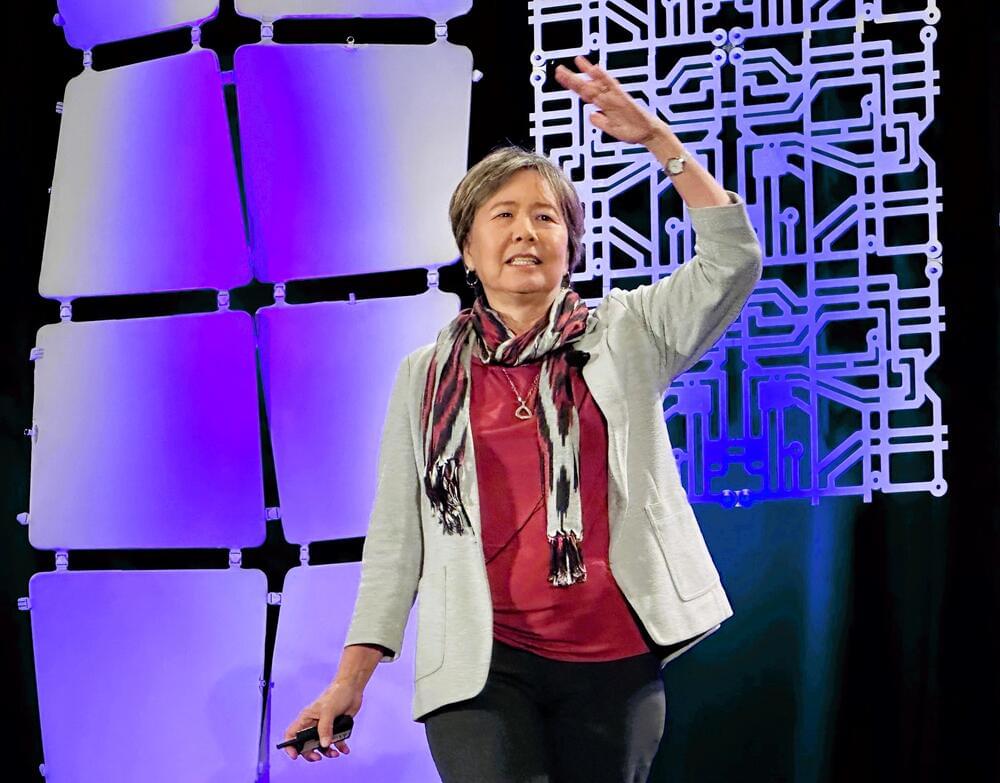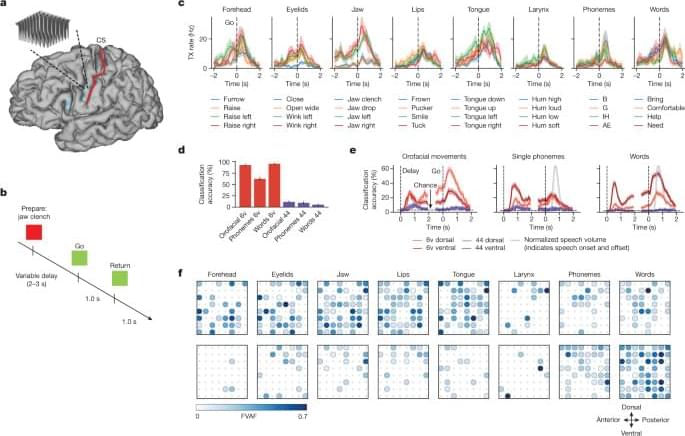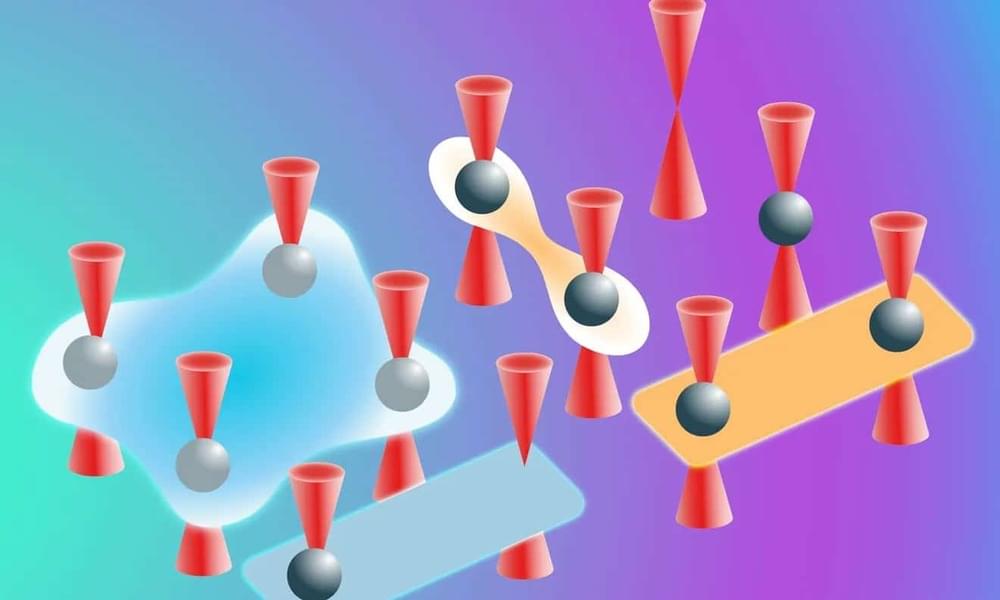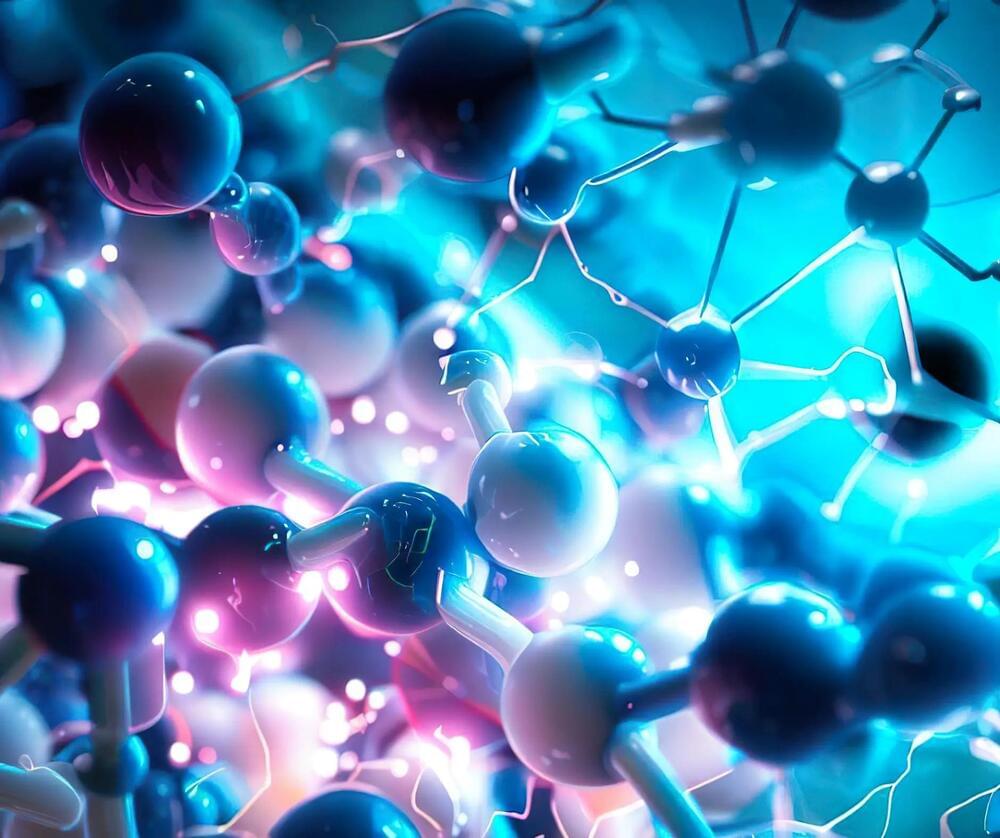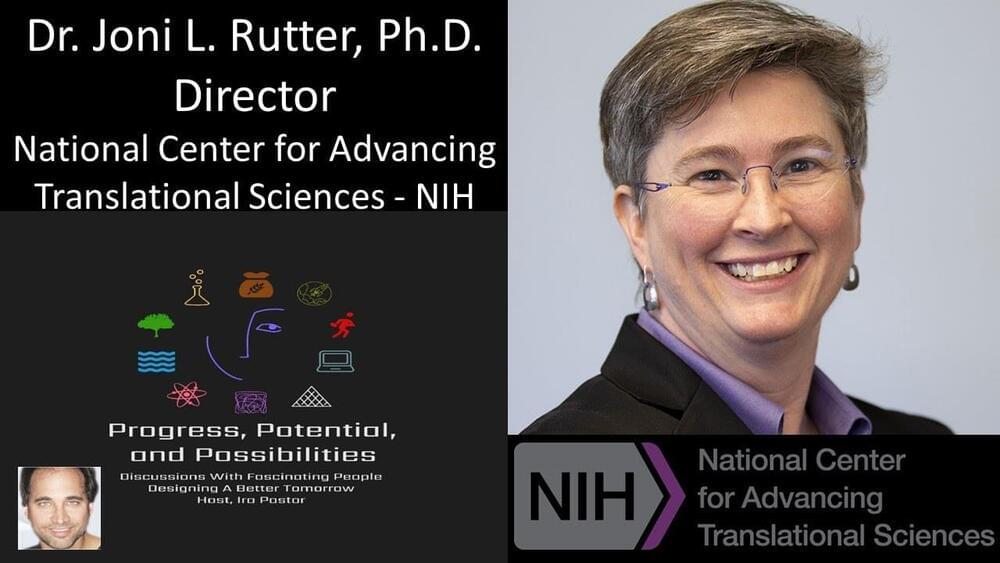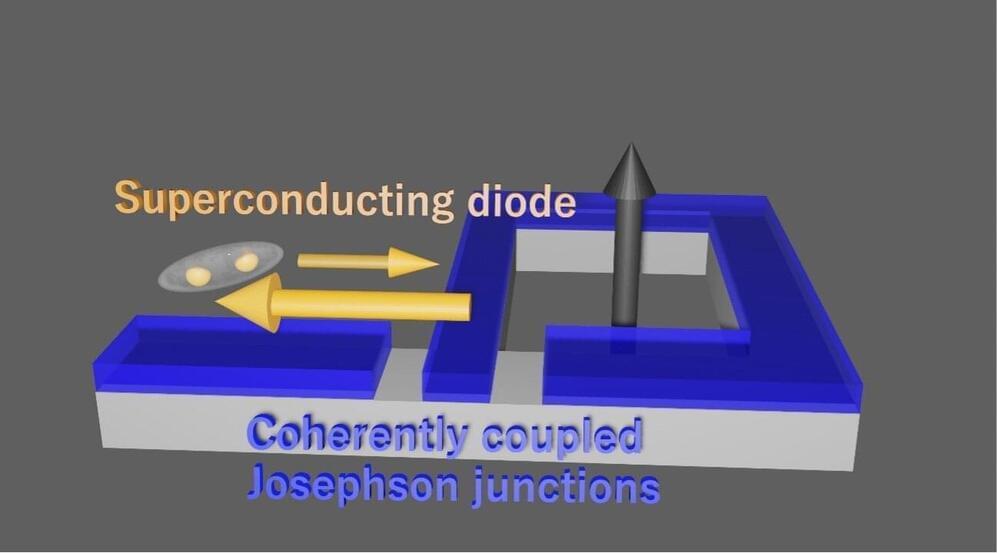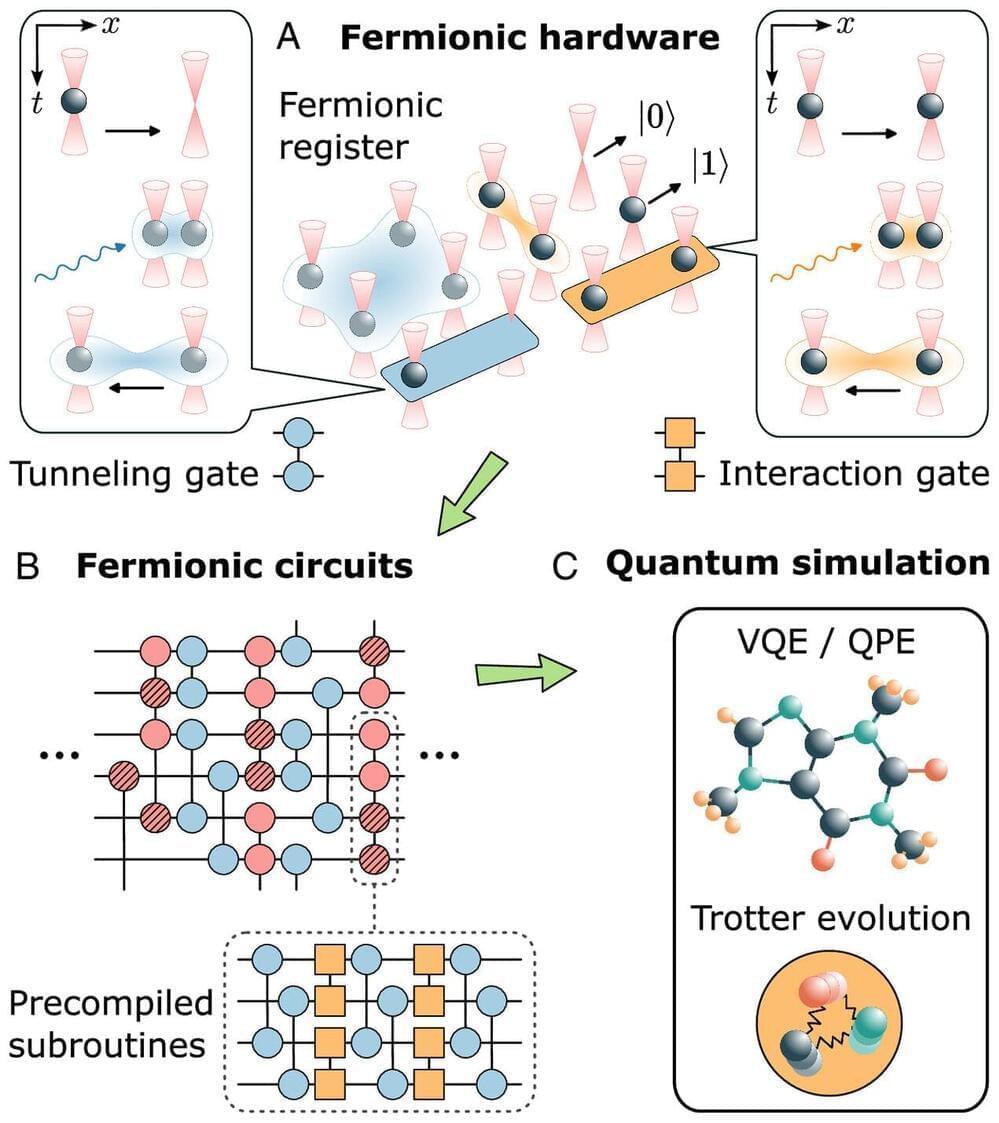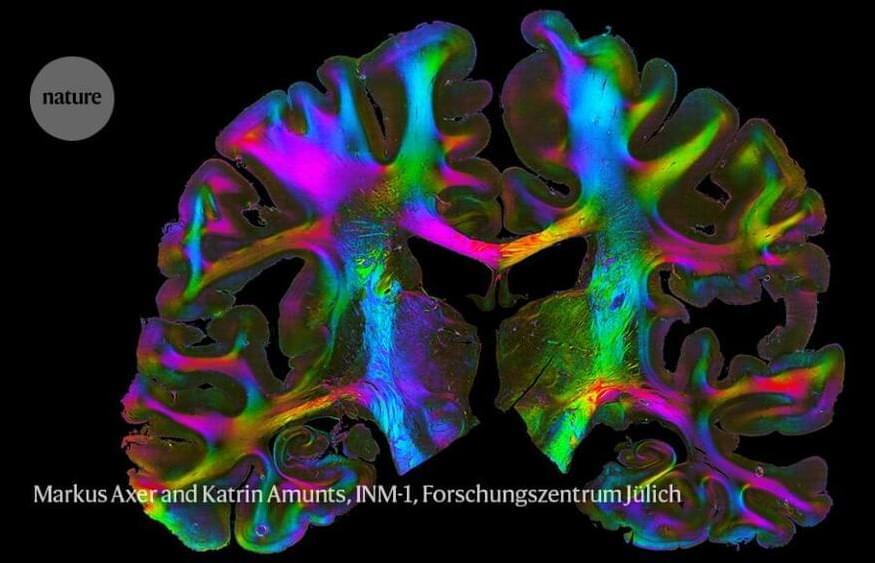Aug 24, 2023
DARPA and other federal agencies work on strategies to revive America’s chip industry
Posted by Dan Breeden in categories: biotech/medical, computing, government
Tech executives, researchers and government officials are gathering in Seattle this week to figure out ways to add a new dimension to America’s chip industry — figuratively and literally.
“We’re going to talk about a once-in-a-lifetime opportunity to reinvent domestic microelectronics manufacturing,” Mark Rosker, director of the Defense Advanced Research Projects Agency’s Microsystems Technology Office, said today at the opening session of the ERI 2.0 Summit at the Hyatt Regency Seattle.
